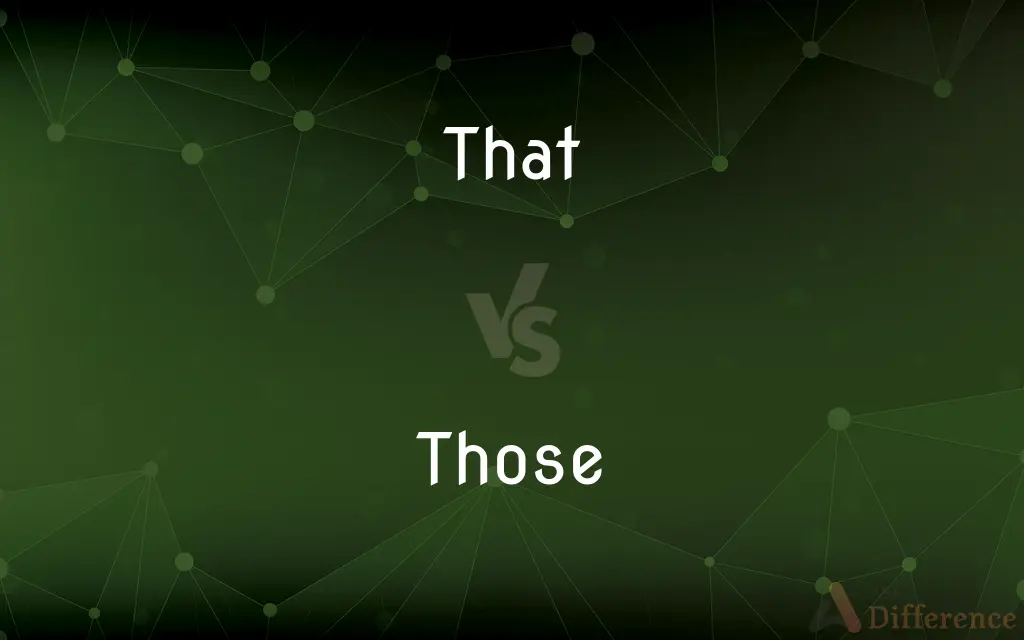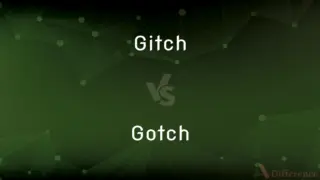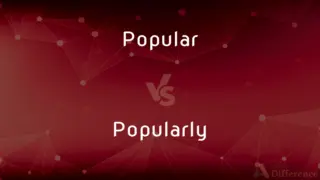That vs. Those — What's the Difference?

Difference Between That and Those
ADVERTISEMENT
Compare with Definitions
That
The function word that is used in the English language for several grammatical purposes.These include: as a complementizer/subordinating conjunction. ("He asked that she go.") That can be omitted when used to introduce a subordinate clause—"he told me that it is a good read" could just as easily be "he told me it is a good read".
Those
Plural of that
Those bolts go with these parts.
That
Being the one singled out, implied, or understood
That place.
Those mountains.
Those
Plural of that
Those who serve [those persons who serve]
Don't touch those [those objects over there]
That
Being the one further removed or less obvious
That route is shorter than this one.
ADVERTISEMENT
Those
The plural of that. See That.
That
To such an extent or degree
Is your problem that complicated?.
That
To a high degree; very
Didn't take what he said that seriously.
That
Used to introduce a noun clause that is usually the subject or object of a verb or a predicate nominative
"That contemporary American English is exuberantly vigorous is undeniable" (William Arrowsmith).
That
Used to introduce a subordinate clause stating a result, wish, purpose, reason, or cause
She hoped that he would arrive on time. He was saddened that she felt so little for him.
That
Used to introduce an anticipated subordinate clause following the expletive it occurring as subject of the verb
It is true that dental work is expensive.
That
Used to introduce a subordinate clause modifying an adverb or adverbial expression
Will go anywhere that they are welcome.
That
Used to introduce a subordinate clause that is joined to an adjective or noun as a complement
Was sure that she was right.
Persists in the belief that rates will rise soon.
That
Used to introduce an elliptical exclamation of desire
Oh, that I were rich!.
That
Introducing a clause which is the subject or object of a verb (such as one involving reported speech), or which is a complement to a previous statement.
He told me that the book is a good read.
I believe that it is true. — She is convinced that he is British.
That she will come is almost certain.
That
Introducing a subordinate clause expressing a reason or cause: because, in that.
Be glad that you have enough to eat.
That
(dated) Introducing a subordinate clause that expresses an aim, purpose, or goal ("final"), and usually contains the auxiliaries may, might, or should: so, so that.
That
Introducing — especially, but not exclusively, with an antecedent like so or such — a subordinate clause expressing a result, consequence, or effect.
The noise was so loud that she woke up.
The problem was sufficiently important that it had to be addressed.
That
Introducing a premise or supposition for consideration: seeing as; inasmuch as; given that; as would appear from the fact that.
That
Introducing a subordinate clause modifying an adverb.
Was John there? — Not that I saw.
How often did she visit him? — Twice that I saw.
That
Introducing an exclamation expressing a desire or wish.
Oh that spring would come!
That
Introducing an exclamation expressing a strong emotion such as sadness or surprise.
That
The (thing, person, idea, etc) indicated or understood from context, especially if more remote physically, temporally or mentally than one designated as "this", or if expressing distinction.
That book is a good read. This one isn't.
That battle was in 1450.
That cat of yours is evil.
That
(demonstrative) The thing, person, idea, quality, event, action, or time indicated or understood from context, especially if more remote geographically, temporally or mentally than one designated as "this", or if expressing distinction.
That's my car over there.
He went home, and after that I never saw him again.
That
The known (thing); used to refer to something just said.
They're getting divorced. What do you think about that?
That
(demonstrative) The aforementioned quality or proposition; used to emphatically affirm or deny a previous statement or question.
The water is so cold! — That it is.
Would you like another piece of cake? — That I would!
We think that you stole the tarts. — That I did not!
That
(relative) (plural that) Which, who; representing a subject, direct object, indirect object, or object of a preposition.
The CPR course that she took really came in handy.
The house that he lived in was old and dilapidated.
That
(colloquial) Used in place of relative adverbs such as where or when; often omitted.
The place that [= where or to which] I went last year
The last time that [= when] I went to Europe
That
Clipping of that is; used to reinforce the preceding assertion or statement.
That's proper funny, that.
That
(degree) To a given extent or degree.
"The ribbon was that thin." "I disagree, I say it was not that thin, it was thicker... or maybe thinner..."
That
(degree) To a great extent or degree; very, particularly in negative constructions.
I'm just not that sick.
I did the run last year, and it wasn't that difficult.
That
To such an extent; so. in positive constructions.
Ooh, I was that happy I nearly kissed her.
That
(philosophy) Something being indicated that is there; one of those.
That
As a demonstrative pronoun (pl. Those), that usually points out, or refers to, a person or thing previously mentioned, or supposed to be understood. That, as a demonstrative, may precede the noun to which it refers; as, that which he has said is true; those in the basket are good apples.
The early fame of Gratian was equal to that of the most celebrated princes.
That be far from thee, to do after this manner, to slay the righteous with the wicked.
And when Moses heard that, he was content.
I will know your business, Harry, that I will.
Two principles in human nature reign;Self-love, to urge, and Reason, to restrain;Nor this a good, nor that a bad we call.
If the Lord will, we shall live, and do this or that.
That
As an adjective, that has the same demonstrative force as the pronoun, but is followed by a noun.
It shall be more tolerable for Sodom and Gomorrah in the day of judgment, than for that city.
The woman was made whole from that hour.
Upon a day out riden knightes two . . . That one of them came home, that other not.
That
As a relative pronoun, that is equivalent to who or which, serving to point out, and make definite, a person or thing spoken of, or alluded to, before, and may be either singular or plural.
He that reproveth a scorner getteth to himself shame.
A judgment that is equal and impartial must incline to the greater probabilities.
We speak that we do know, and testify that we have seen.
That I have done it is thyself to wite [blame].
The ship that somebody was sailing in.
I saw to-day a corpse yborn to churchThat now on Monday last I saw him wirche [work].
That that dieth, let it die; and that that is to cut off, let it be cut off.
That
As a conjunction, that retains much of its force as a demonstrative pronoun.
That
To introduce a clause employed as the object of the preceding verb, or as the subject or predicate nominative of a verb.
She tells them 't is a causeless fantasy,And childish error, that they are afraid.
I have shewed before, that a mere possibility to the contrary, can by no means hinder a thing from being highly credible.
That
As adverb: To such a degree; so; as, he was that frightened he could say nothing.
With singing, laughing, ogling, and all that.
The rank is but the guinea's stamp,The man's the gowd [gold] for a'that.
That
To introduce, a reason or cause; - equivalent to for that, in that, for the reason that, because.
He does hear me;And that he does, I weep.
That
To introduce a purpose; - usually followed by may, or might, and frequently preceded by so, in order, to the end, etc.
These things I say, that ye might be saved.
To the end that he may prolong his days.
That
To introduce a consequence, result, or effect; - usually preceded by so or such, sometimes by that.
The birds their notes renew, and bleating herdsAttest their joy, that hill and valley rings.
He gazed so longThat both his eyes were dazzled.
So wept Duessa until eventide,That shining lamps in Jove's high course were lit.
Is not this the dayThat Hermia should give answer of her choice?
That
In an elliptical sentence to introduce a dependent sentence expressing a wish, or a cause of surprise, indignation, or the like.
Ha, cousin Silence, that thou hadst seen that that this knight and I have seen!
O God, that right should thus overcome might!
To try if that our own be ours or no.
When he had carried Rome and that we lookedFor no less spoil than glory.
Share Your Discovery

Previous Comparison
Gitch vs. Gotch
Next Comparison
Popular vs. Popularly














































